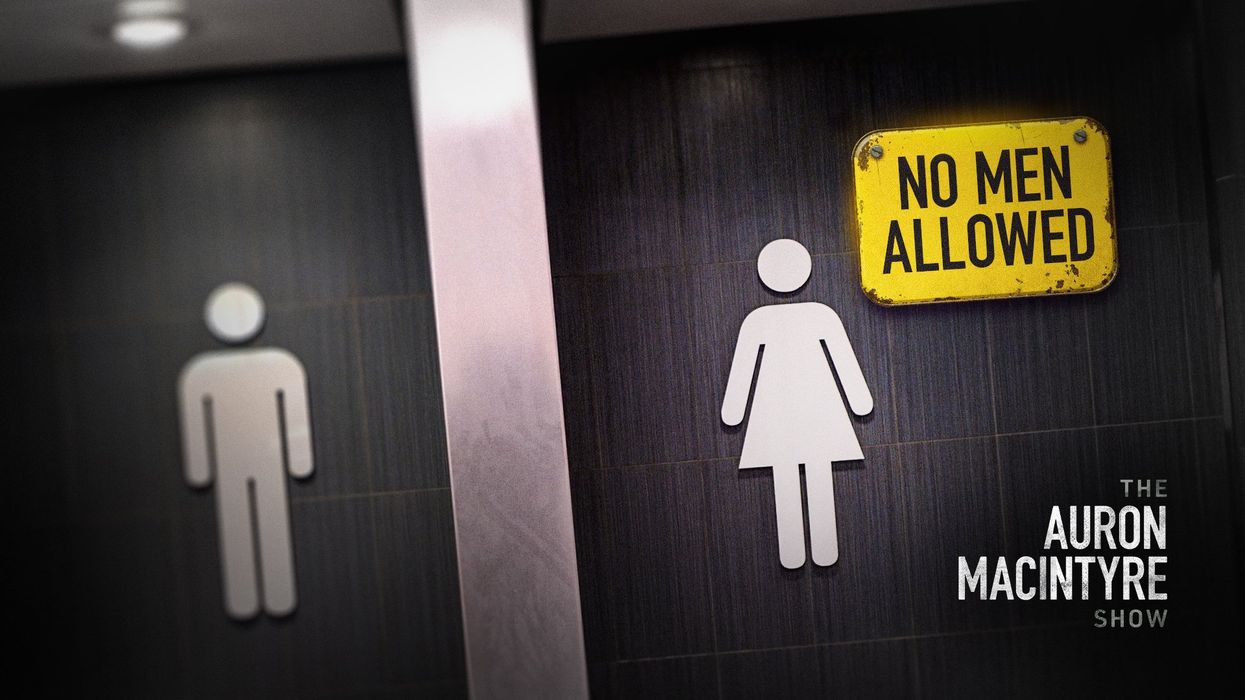
© 2024 Blaze Media LLC. All rights reserved.
Americans are at one and the same time pro-life and pro-choice. They respect the sanctity of life, and they value individual choice.
In the forty years since the Supreme Court legalized abortion in a seven-to-two decision, thousands of words have been written to solidify or sway opinion on the issue. Perhaps surprisingly, however, public opinion has barely moved.
A survey conducted in 2011 by the Public Religion Research Institute helps to explain the constancy of opinion over these four decades. In one question, seven-in-ten Americans said the term “pro-choice” described them, while nearly two-thirds in another question in the poll said that the term “pro-life” described them. Americans are at one and the same time pro-life and pro-choice. They respect the sanctity of life, and they value individual choice. Within their own hearts, there are competing emotions. Most don’t feel comfortable in either the pro-life or pro-choice camps.
The deep ambivalence most Americans have on this issue helps to explain some other findings from the polls. Surveys show that Americans favor keeping abortion legal. They do not want to see Roe v. Wade overturned. Nearly two-thirds in a February 2012 Quinnipiac poll said that Roe v. Wade established a women’s right an abortion.
Still, Americans would like to see abortion used sparingly, and they support restrictions on its use. In a Gallup question asked more than 50 times since the early 1970s, around half usually say abortion should be legal only under some circumstances. In another Gallup question asked in 2011, 62 percent said abortion should be generally legal in the first trimester of pregnancy, but only 24 percent gave that response about abortion in the second three months, and 10 percent about the third trimester. Once again, the responses have been stable since Gallup first asked the questions. Americans also favor spousal notification before an abortion takes place, the consent of a parent, and a waiting period. Most people want the decision to have an abortion to be carefully considered.
Americans are particularly lenient when it comes to circumstances beyond a women’s control. In surveys conducted by the National Opinion Research Center (NORC) since the early 1970s, Americans say it should be possible for a woman to obtain a legal abortion in the case of rape, when there is a serious threat to the mother’s health, and when there is a strong chance of a serious defect in the baby. True to form, opinion has not changed dramatically on these issues since these questions were first asked in 1972. But when the decision to have an abortion is something the woman can control, opinion is much less supportive. For example, 41 percent told NORC interviewers in 1972 that it should be possible for a woman to obtain a legal abortion if she is not married and does not want to marry the man. In 2010, the result was the same.
The media likes controversy, and those who aren’t ambivalent on the issue provide plenty of it. Around 20 percent in polls say they oppose abortion in all circumstances, and slightly more say they think it should be legal under all circumstances. But their views do not represent the views of the majority who find the issue complex and difficult. For most of the rest of us, there is a lot of gray. Only 17 percent in a 2012 Gallup survey said they could only vote for a candidate who shared their view on the issue. Another third said they did not see abortion as a major issue, and 45 percent said that it would be just one of many important issues to them. At every turn, most Americans are moderates when it comes to abortion. Perhaps Bill Clinton encapsulated public opinion on the issue best when he said he wanted abortion to be safe, legal, and rare.
Want to leave a tip?
We answer to you. Help keep our content free of advertisers and big tech censorship by leaving a tip today.
Want to join the conversation?
Already a subscriber?
more stories
Sign up for the Blaze newsletter
By signing up, you agree to our Privacy Policy and Terms of Use, and agree to receive content that may sometimes include advertisements. You may opt out at any time.
© 2024 Blaze Media LLC. All rights reserved.
Get the stories that matter most delivered directly to your inbox.
By signing up, you agree to our Privacy Policy and Terms of Use, and agree to receive content that may sometimes include advertisements. You may opt out at any time.


